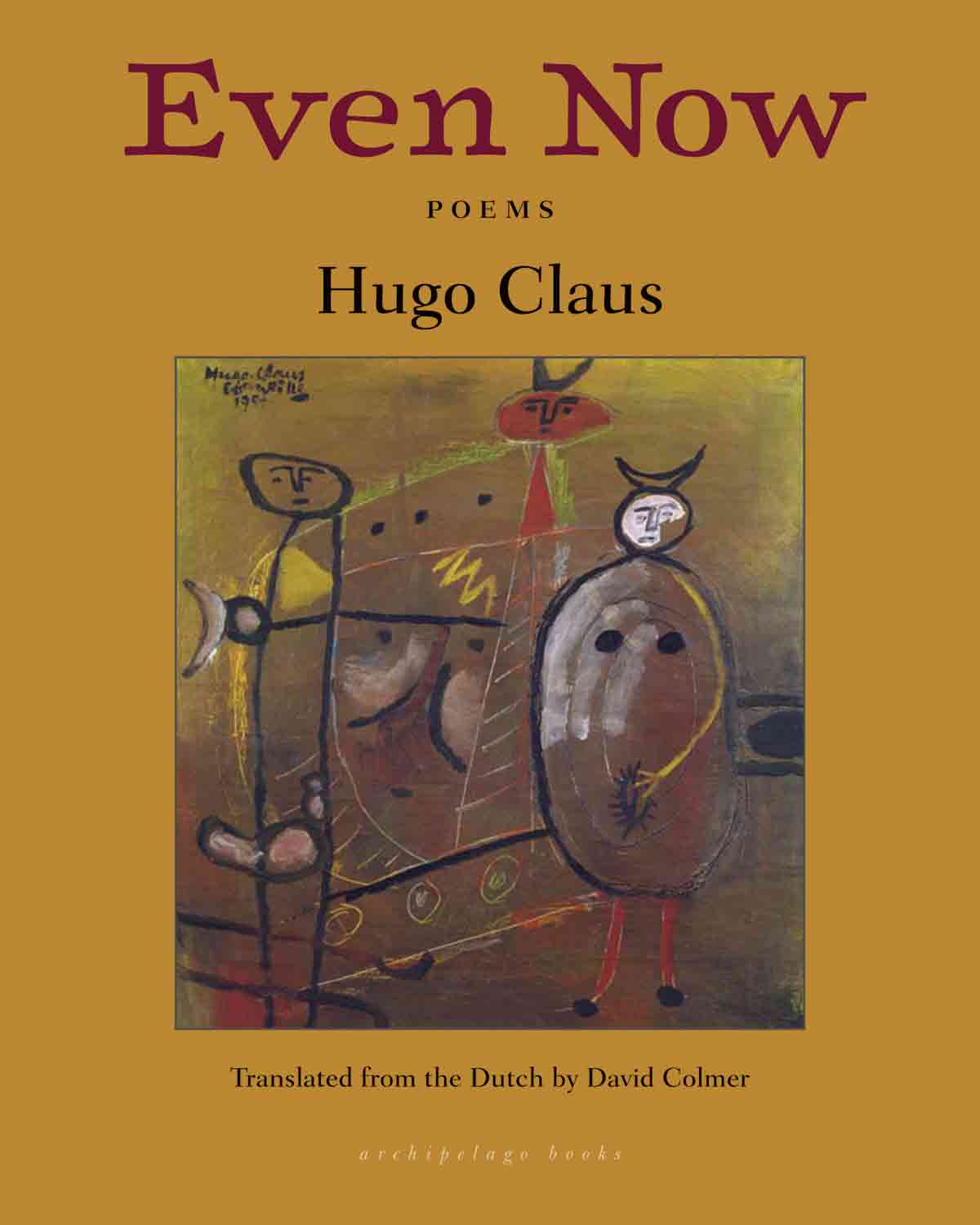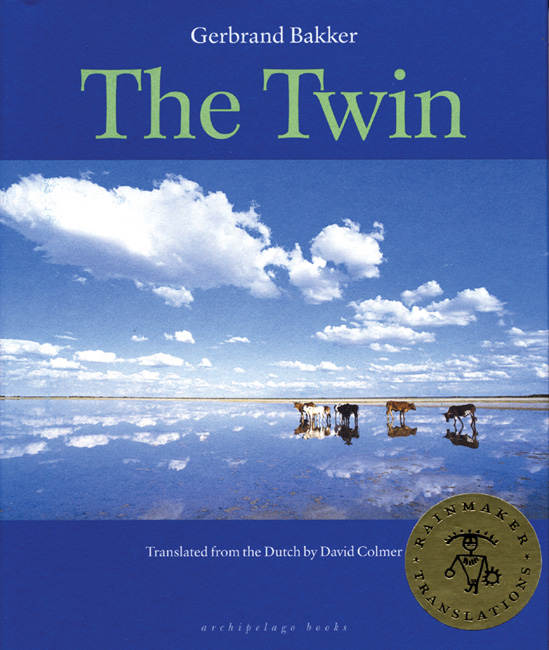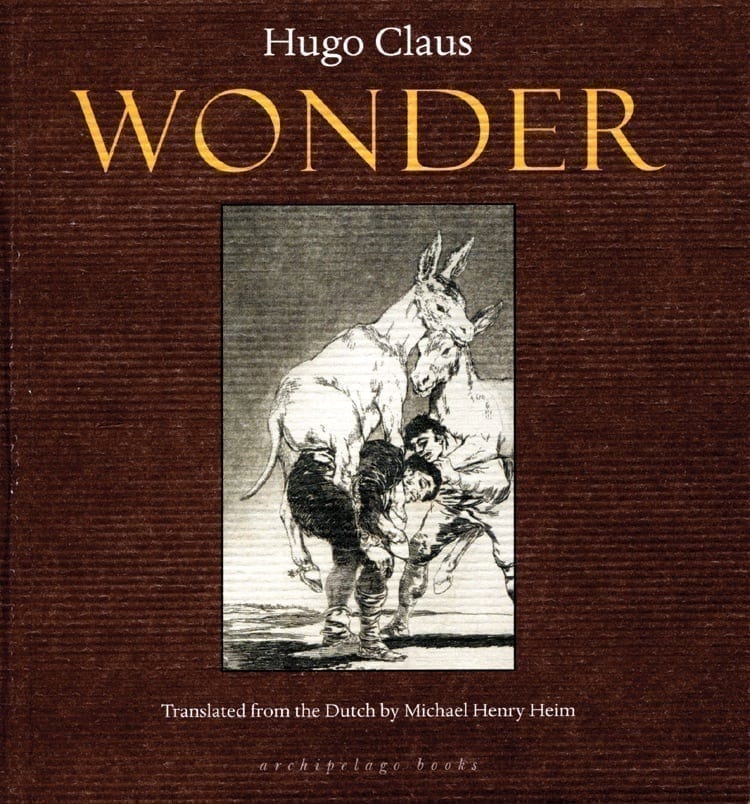Praise
Claus rages against the decay of the physical self while desire remains untamed. From the beginning, his poetry has been marked by an uncommon mix of intelligence and passion, given expression in a medium over which he has such light-fingered control that art becomes invisible.
Nobody could write so rampantly about the wild veracity of sensual love for women and life than Hugo Claus. To read him is to be shot into verbal ecstasy. Fortunately these translations do justice to so much of this.
Astonishing book. Half an hour into reading it I already feel that I have known this poet all my life—and I’d never heard of him before. There is a richness of feeling, exactness of imagery, tender skepticism of the body and its wants—I found myself thinking of Donne, Sterne, Cendrars, Bukowski, Celine all at once—how can he do that? Colmer’s translation is uncanny, feels as if every word is the one the poet intended, always yields a sense of Yes, here it is! Hugo Claus seems suddenly a permanent part of our poetic landscape opened at last.
The poems that Colmer does select speak to each other in way that makes the collection very satisfying to read in a sitting.
My slow read is Even Now, the selected poems of Hugo Claus — one hardly ever goes wrong with Archipelago Books.
Praise for Hugo Claus’s PEN Translation Prize-winning Wonder (Archipelago):
Fine and ambitious. . . . A work of savage satire intensely engaged with the moral and cultural life of the author’s Belgium. . . . Packed with asides, allusions, and fierce juxtapositions, a style created to evoke a world sliding into chaos where contrast and contradictions are so grotesque that we can only ‘wonder’. . . . [Wonder is] a reminder of the energy and experimental verve with which so many writers of the Fifties and Sixties (Malaparte, Bernhard, Grass, Böll, Burgess, Pynchon) conjured up [a] disjointed and rapidly complicating world.
To speak today of a still largely-unknown major work on European Fascism . . . seems presumptuous, rather like announcing the existence of, if not a new continent, at least a land mass of strange and significant proportions. But in discussing Wonder, it would be churlish not to admit to an explorer’s exhilaration at discovery.
It is a marvelous book....These poems, spanning more than five decades, seem always to enact deep thought, to suggest complex minds at work on unsolvable problems—the nature of God, the facts of death and art, and the troubles of recent history. 'No better way to waste it,' he writes in 'Our Century,' 'than surrounded by fingers of grass, lightning bolts in snow-covered gardens.' Claus’s poems are at once playful, harrowing, and deeply engaging—and David Colmer’s succinct translations bring to American readers the outlines of the complete career of a major, prolific European poet.
Colmer always opts to render the vitality and the natural power of the language rather than slavishly copying the rhymes, alliterations, and meanings. In the epilogue, Claus’s Dutch colleague and friend Cees Nooteboom asks to be haunted by him once in a while, as he is by this collection.
One of Belgium's most prolific, versatile and lauded authors of the twentieth century.
Extras
- An interview with translator David Colmer, actor Jan Decleir, and Mark Schaevers at PassaPorta here.
- An interview with translator David Colmer on Even Now in The American Reader
- Obituary in The New York Times
- Hugo Claus on the Project for Innovative Poetry blog.



